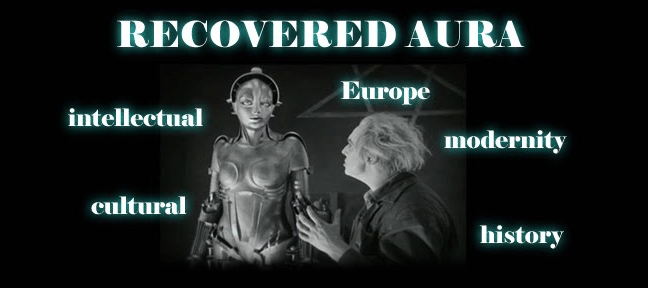20th century composers have dealt with the disasters of war and the holocaust(s) of modernity in many ways. In this entry I offer a three short samplings of some of the most famous compositions inspired or manifested-out-of the experience of the horror of the Second World War.
The first THE KAISER OF ATLANTIS is an opera written by a Jewish Czech composer Viktor Ullmann while he was imprisoned in the concentration camp of Theresienstadt, the place where he would eventually be murdered. The opera is a fairy tale and a thinly disguised indictment of the folly of the Third Reich. The major theme is that of the futility of man struggling against the triumph of death.
This section always sends chills up my spine. (Please note that the embedded version of these videos cuts off part of the right-hand portion of the video. Just double click the video and you will be taken to the actual version on Youtube so you can watch the video without it being cut-off.)
The second is THRENODY FOR THE VICTIMS OF HIROSHIMA by the Polish composer Krzysztof Penderecki written in 1960. Has the destruction of Hiroshima and Nagasaki been forgotten in American culture? Did America ever comprehend what had happened there in a way that made it real as a human disaster? What made it possible for a European write this and not an American?
The third piece is A SURVIVOR FROM WARSAW, written in 1947 by Arnold Schoenberg.
The narration depicts the story of a survivor from the Warsaw ghetto during the Second World War, from his time in a concentration camp. The narrator does not remember how he ended up living in the Warsaw sewers. One day, in the camp, the Nazi authorities held a roll call of a group of Jews. The group tried to assemble, but there was confusion, and the guards beat the old and ailing Jews who could not line up quickly enough. Those Jews left on the ground were presumed to be dead, and the guards asked for another count, to see how many would be deported to the death camps. The guards ask for a faster and faster head count, and the work culminates as the Jews begin to sing the prayer Shema Yisroel. In Schönberg’s piece, the creed ends with Deuteronomy 6:7 “and when thou liest down, and when thou riseth up."
(above text taken from the Wikipedia article on this composition)
Saturday, May 1, 2010
Subscribe to:
Post Comments (Atom)

No comments:
Post a Comment